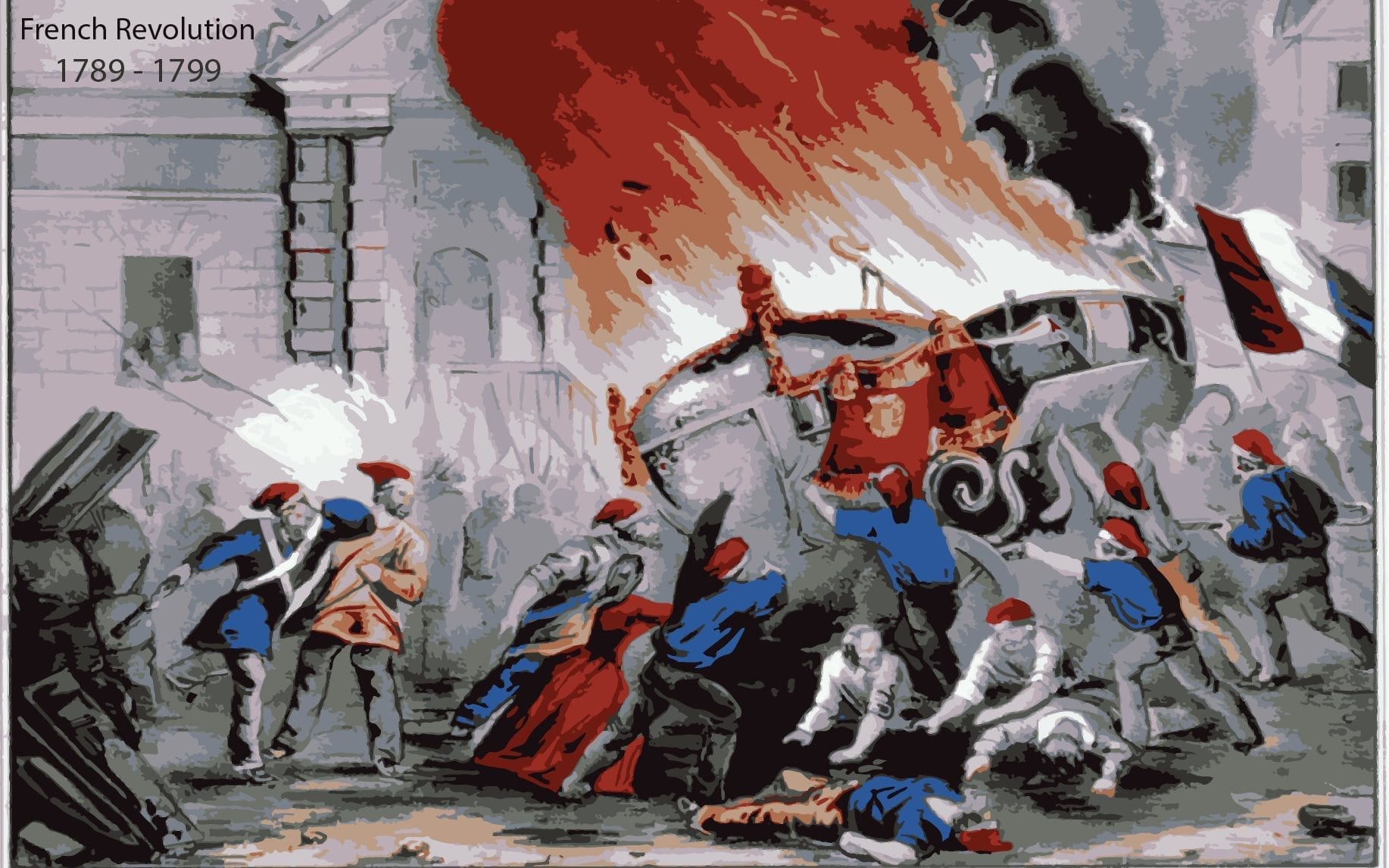Proponents of the view that Europe underwent a severe crisis during the seventeenth century can find much evidence in the horrors resulting from Louis XIV’s aggressions. The total cost of his wars in human lives and economic resources was very great, especially in the deliberate French devastation of the German Palatinate during the War of the League of Augsburg.
The battle of Malplaquet, which left forty thousand men wounded, dying, or dead in an area of ten square miles, was not surpassed in bloodshed until Napoleon’s Russian campaign a century later. There was also much suffering behind the lines, notably in the great famine that struck France in 1693-1694.
And the year of Malplaquet, 1709, was one of the grimmest in modern French history, as bitter cold, crop failures, famine, skyrocketing prices, and relentless government efforts to stave off bankruptcy by collecting more taxes caused almost universal misery.
The Parisians complained bitterly in a mock paternoster: “Our Father which art at Versailles, thy name is hallowed no more, thy kingdom is great no more, thy will is no longer done on earth or on the waters. Give us this day thy bread which on all sides we lack.”*
Louis set himself up as a champion of Catholicism, especially after the revocation of the Edict of Nantes in 1685, and William of Orange was hailed as a Protestant champion. Yet Louis, unlike his predecessor in aggression, Philip II of Spain, had no real hope of stamping out Protestantism among the Dutch. William’s victory at the Boyne brought new hardship to Irish Catholics, and in England and New England the French were hated because they were Catholics.
In the end, however, the Grand Alliance against Louis was a complex mixture of Catholic and Protestant in which religion played a comparatively minor role. Louis XIV had achieved no permanent stability for Europe or France, and his authority would die with him; his funeral procession was mocked as it passed through the streets of Paris, though he remained a figure of veneration to the rural masses who made up the majority of France.

